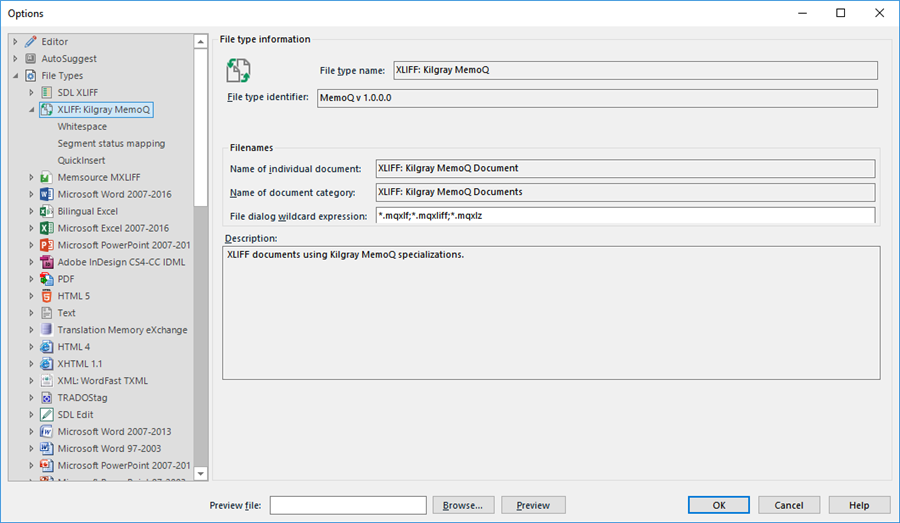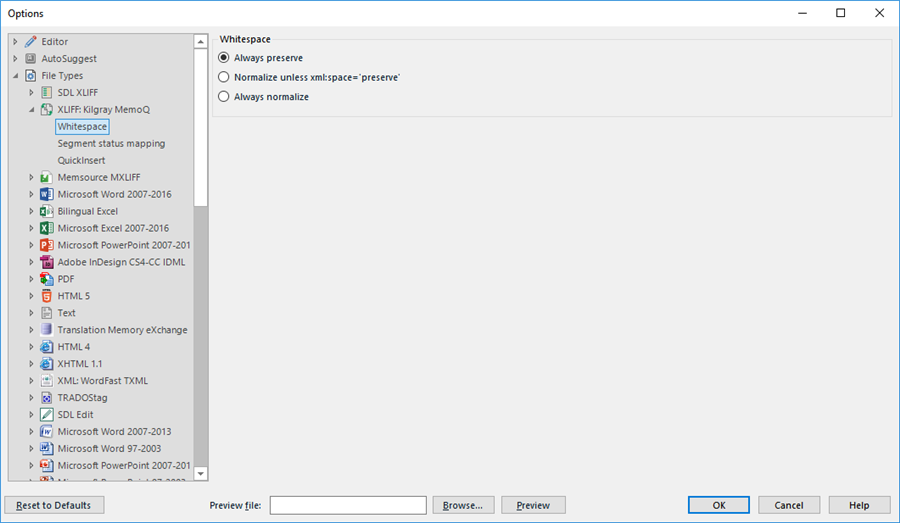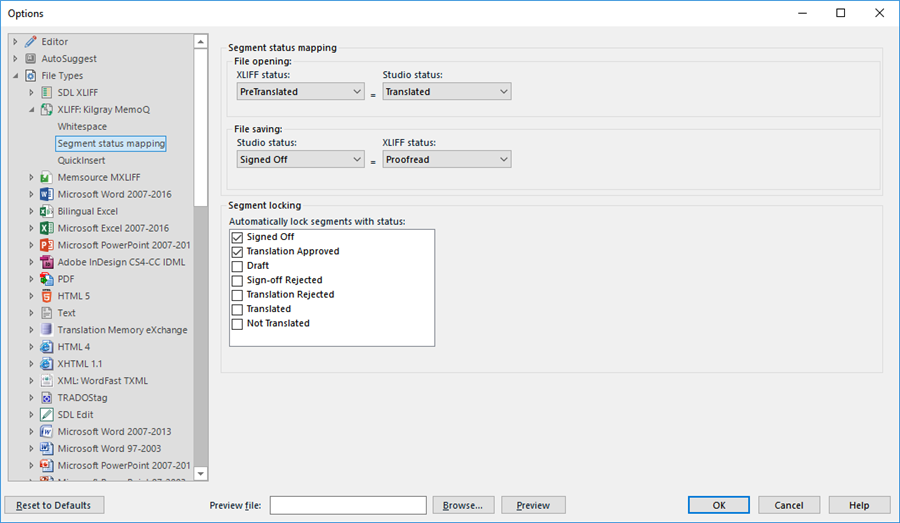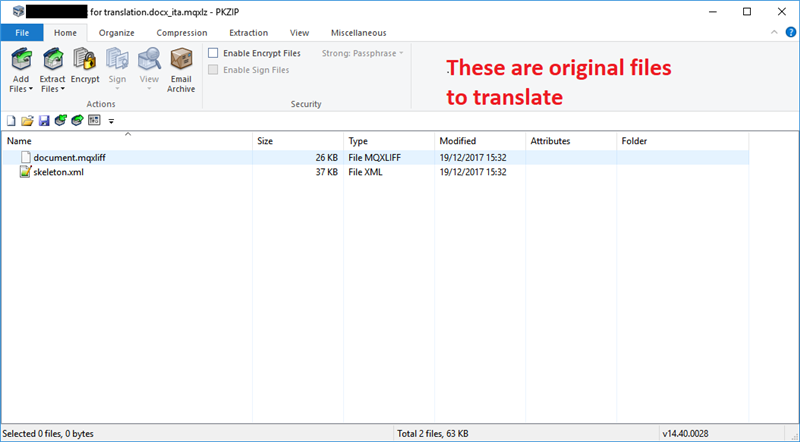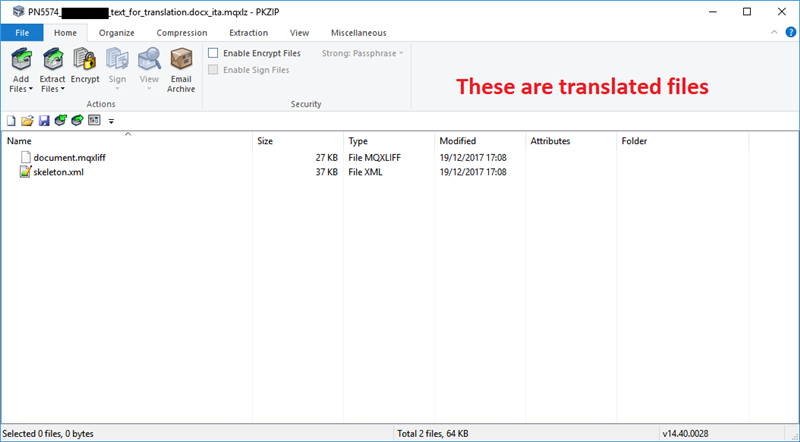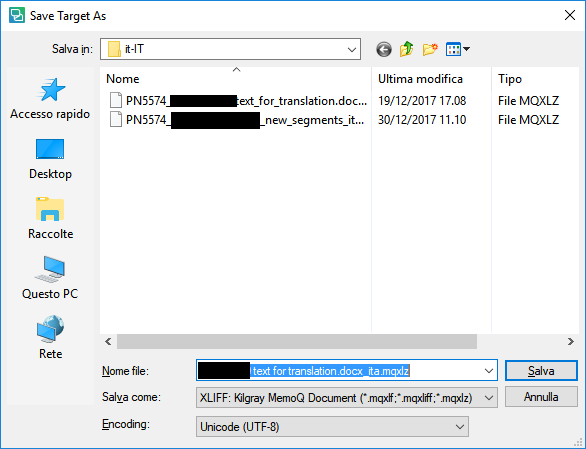Hi all,
We are a small LSP that uses a memoQ Server with XTRF integration. Many of our freelance translators use SDL Trados, so we make bilingual file formats available to them (RTF and XLIFF) with project TM and TB in TMX and CSV formats. The two systems work really well until a translator submits their translated file exported from Trados. There seems to be a problem with the way many of them save or complete the final translated file as memoQ does not recognize it as an updated bilingual file and adds it as a new source document to the project. I have a suspicion that instead of completing the project (or exporting the translated file), they are generating a new XLIFF. Obviously a new XLIFF file will have different document and segment IDs instead of retaining the original, and so memoQ cannot recognise it.
As I am unfamiliar with Trados, I am wondering if someone can explain a step-by-step method of how to import a plain XLIFF into Trados from memoQ and then export it again for uploading into memoQ after translation. Screenshots would be helpful as I would like to pass this information on to our translators. I have been searching the community and knowledge base and tutorials, but most articles don't specifically deal with memoQ compatibility (and memoQ's doesn't deal with Trados compatibility).
Any help would be appreciated—by us and our translators.

 Translate
Translate
